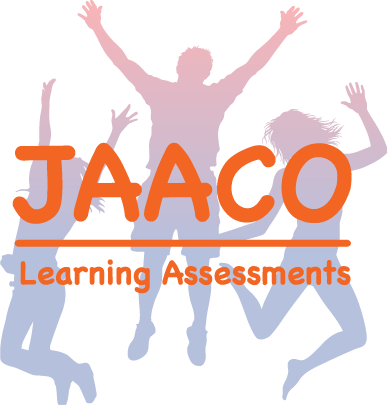The Science of Reading
Science of Reading refers to the knowledge gained from research into how the brain learns to read and write, and why some individuals experience difficulty. The body of knowledge has emerged from multiple disciplines including cognitive psychology, neuroscience and linguistics. This knowledge has increased the understanding of the processes involved in reading and writing and provides valuable insight into effective interventions and teaching methods.
Unlike speaking, the brain is not wired for reading, rather it is a skill that needs to be taught. For many people learning to read is a relatively easy, but for some it is very difficult. Individuals who find the development of reading sills difficult need a structured and systematic reading programme that teaches reading in an evidence-based way.
Reading is a complex task, but it can be simply explained using a model called ‘The Simple View of Reading’. The Simple View identifies reading comprehension as being the product of decoding, the ability to apply letter-sound associations to read words, and language comprehension, the ability to understand spoken language. If an individual is an expert decoder but cannot understand spoken language, they cannot read. Similarly, if an individual has excellent understanding of spoken language but cannot decode written words, they cannot read.
Reading can be broken down into five elements:
· Phonological awareness: ability to identify and distinguish the sound of language
· Phonics and words study: ability to connect speech sounds to letters and store these so you can recognise them by sight
· Fluency: Ability to read text accurately, fluently and with expression. This requires understanding of sentence structure and paragraphs
· Vocabulary: knowledge of words, their meaning and background knowledge
· Comprehension: ability to gain meaning from text.
As reading skills develop these abilities bind together. As basic reading skills become automatic the reader spends less time focusing on each skill and is able to free up their cognitive thinking to make sense of text.
Individuals who have difficulty with decoding are said to have a specific learning disability in word reading, commonly called dyslexia.
Individuals who have difficulty with language comprehension, but are good word readers, are said to have a specific learning disability in reading comprehension, commonly called hyperlexia.
